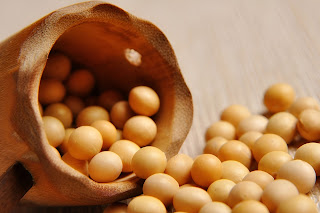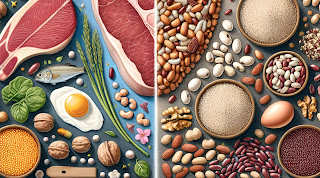Human "Guide to Eating Beans": Soybeans, a good partner for a healthy life

Soybeans are rich in protein, calcium, folic acid, fiber, vitamins and other nutrients. The protein contained in soybeans is 2 times that of meat, 4 times that of eggs, and 12 times that of milk. The protein contained in soybeans is a high-quality protein with the advantages of low fat, zero cholesterol, and high fiber. It is not only suitable for ordinary people, but also an excellent source of high-quality protein for fitness enthusiasts and people with high blood pressure. Six benefits of soybeans. 1. Prevent cardiovascular and cerebrovascular diseases A study in the "Journal of Nutrition" showed that soy protein can reduce adults' low-density lipoprotein cholesterol by 3% to 4%, which can play a significant role in preventing cardiovascular and cerebrovascular diseases. Beans are particularly rich in potassium. Each 100 grams of edamame contains up to 478 mg of potassium, which has a positive effect on lowering blood pressure. 2. Protect liver The B vitamins and cys...






